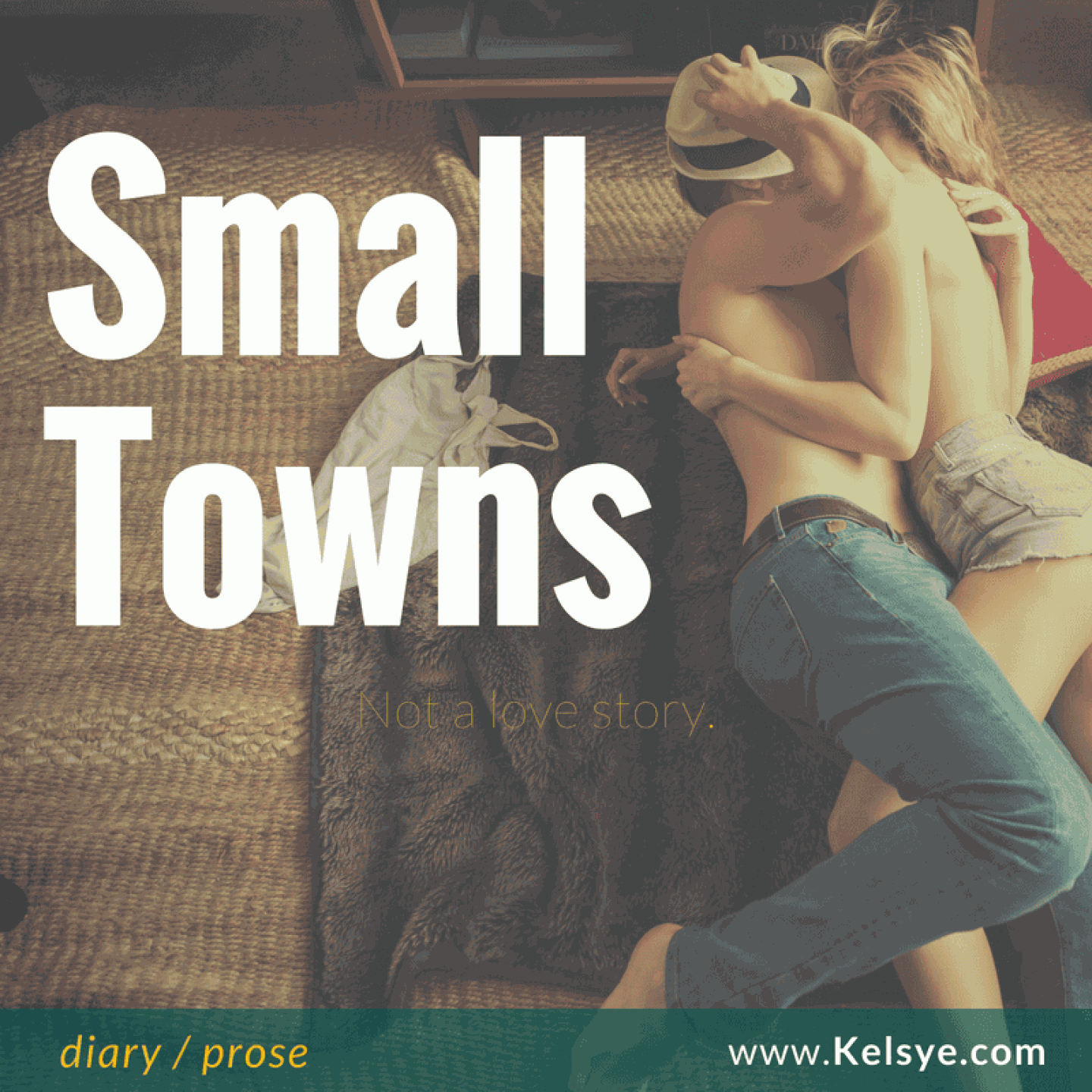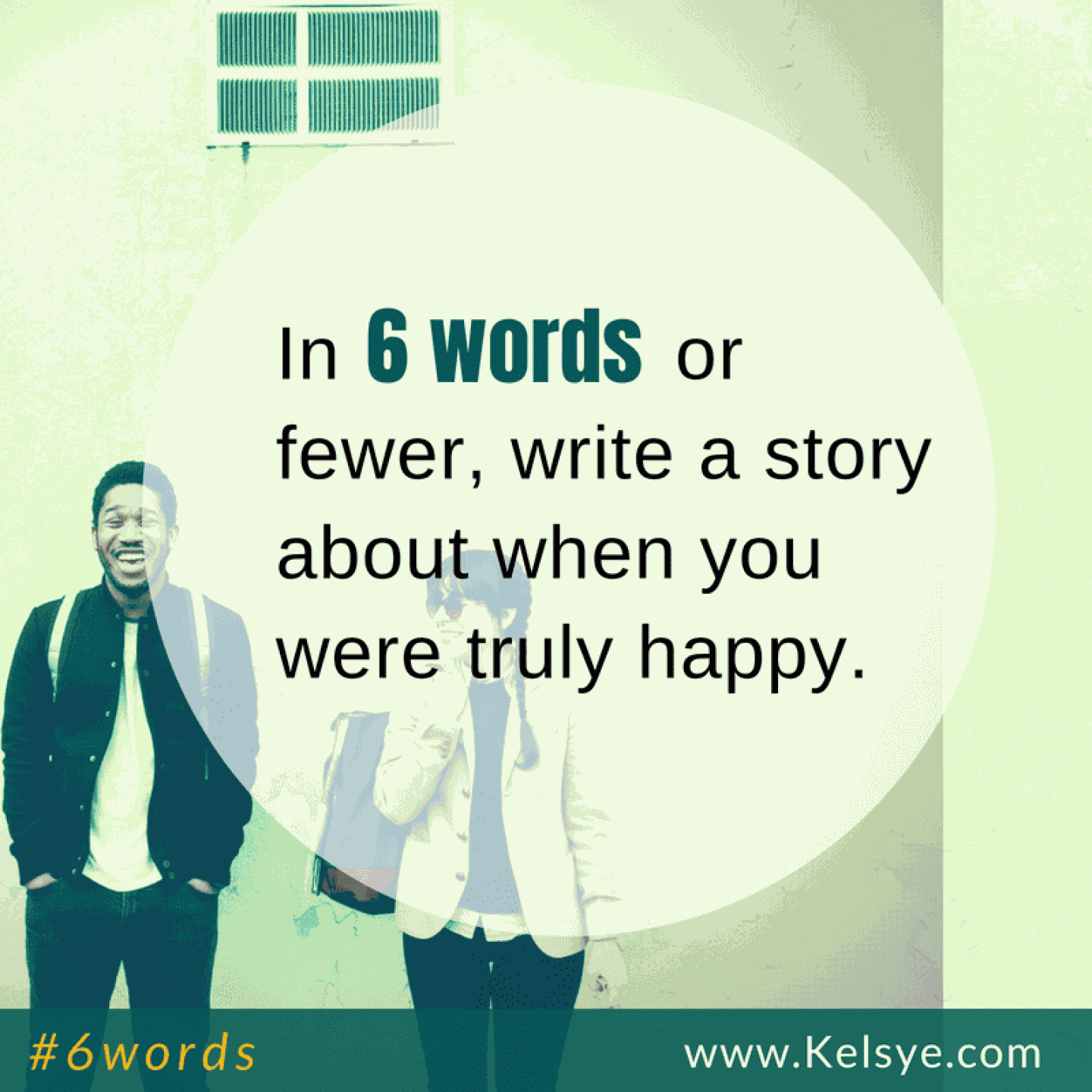
“Don’t write crap.”
I laughed, promised her I’d do my best. My goal was to set habit, routine. I’m a decent writer, so I figured the content would be decent.
“A little crap may creep in,” I said, “But I’ll aim a higher.”
Writing quality content every day proved to be more of a struggle than I imagined.
Even the fact that I use the word “content” reveals part of my problem.
For years, I have been a content machine. I post how-to’s. I share articles. I record tutorials. I think in terms of traffic, clicks, reach and relevance.
Fiction, or creative work of any kind, may completely lack discernible relevance. Creative work may have no goal other than to exist, resonance with another soul the only bonus.
The first two weeks weren’t too hard. I could write some cute little pieces and fill in the dry days with new summaries of old work. My posts are decent enough. Go take a look.
Then, on a Tuesday night date at a jazz club, I heard a vocalist sing a song so beautiful, so full of story and raw emotion, that it arrested me physically. I held a mouthful of wine for an entire song. I gulped it down at the applause, just as my husband leaned in to kiss me, fearing he’d notice I’d been holding a swig of alcohol in my mouth.
Oh. That’s what art looks like.
I’m fighting my way back to art. I write my way past business and expectation, through weary and worn, shallow and slighted. There is art in me, though now years of key word excrement may coat it thoroughly.
It bothered me that I had this revelation while I was drinking. I don’t drink much anymore. Not since my mother’s intervention. However, I’m better when I’m tipsy. Honest. Accessible. Those careful bars I erect to protect myself become but gossamer threads. If you take a deep breath, puff it out in a burst of air, you’ll knock down all my defenses. And there I’ll be, unobstructed, soulful. Brilliant.
My notebook from that night is full of inky scribbles, fragments, paragraphs and single words to illuminate whole ideas or impressions. If I wish, I have a week’s worth of great content to mine from those pages.
Date night passed, fully sober, I set myself to the task of keeping the door open on my guts. Try not to lose access. I have to go deeper. I need to know what makes me this way and how I may survive myself.
My mother is an alcoholic in the early stages of recovery. Her psyche may currently lack the stability to bear the searching questions of her youngest daughter.
My grandmother doesn’t drink. Did she ever? My dear Renny, from whom I inherited my love of lists and forward motion, does her soul perch on the skin of her fingertips, or does it dwell somewhere deeper, only accessible when the mighty walls have been marinated in moist drink?
This weekend I will drive the windy, tree-lined road up to her ranch. I’ll sit her in the plastic chair in her garden, send my daughter to run wild in the woods as all good young women do, and I will demand answers.
Why am I this way? Why do I fear people? Why does my family drink? Why did all my aunts despise my grandfather? Why does my sister resent me? What about those old stories I heard, about your husband, my wizard, your sister, a divorce and a remarriage that never happened.
Perhaps if I learn the secrets, I will be free.



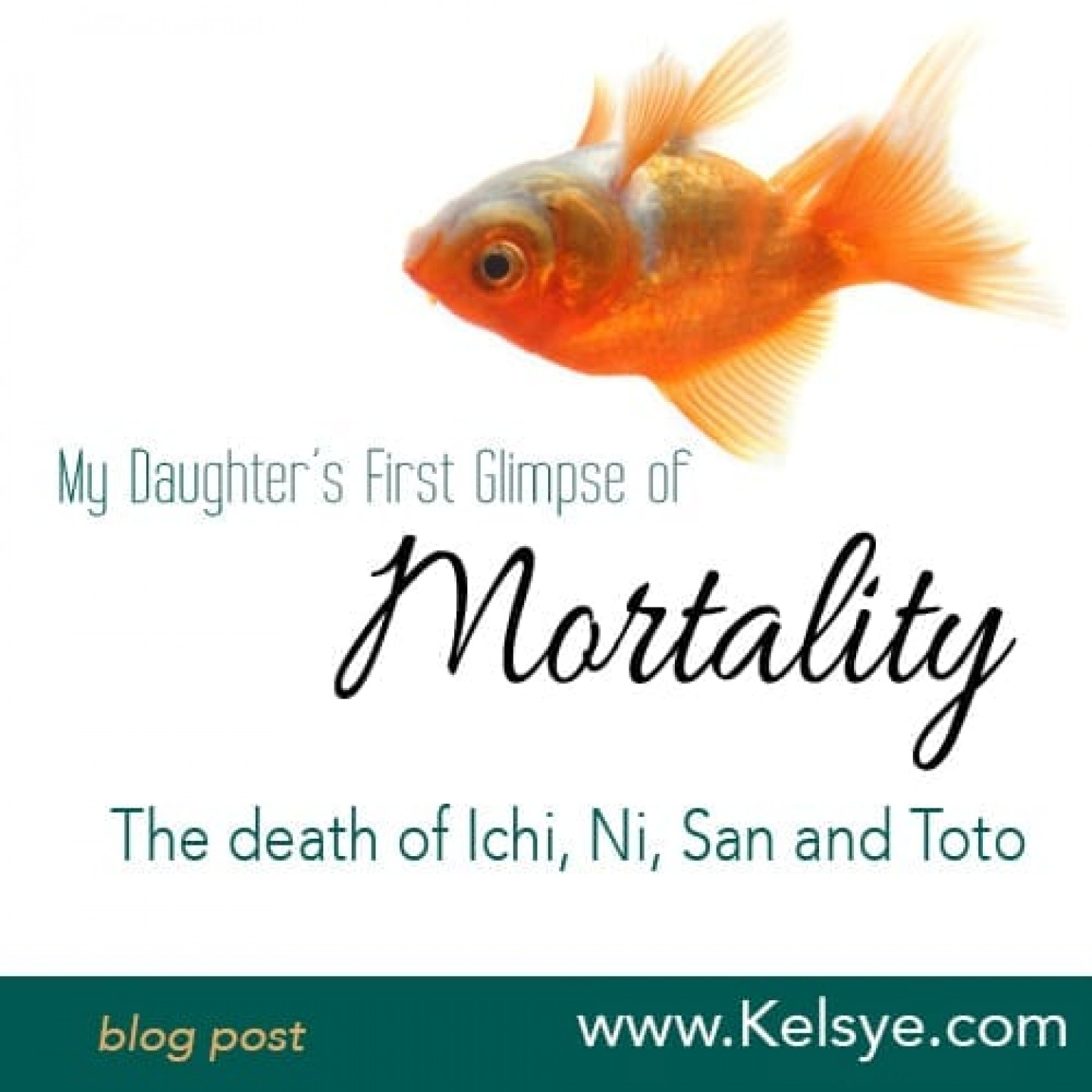



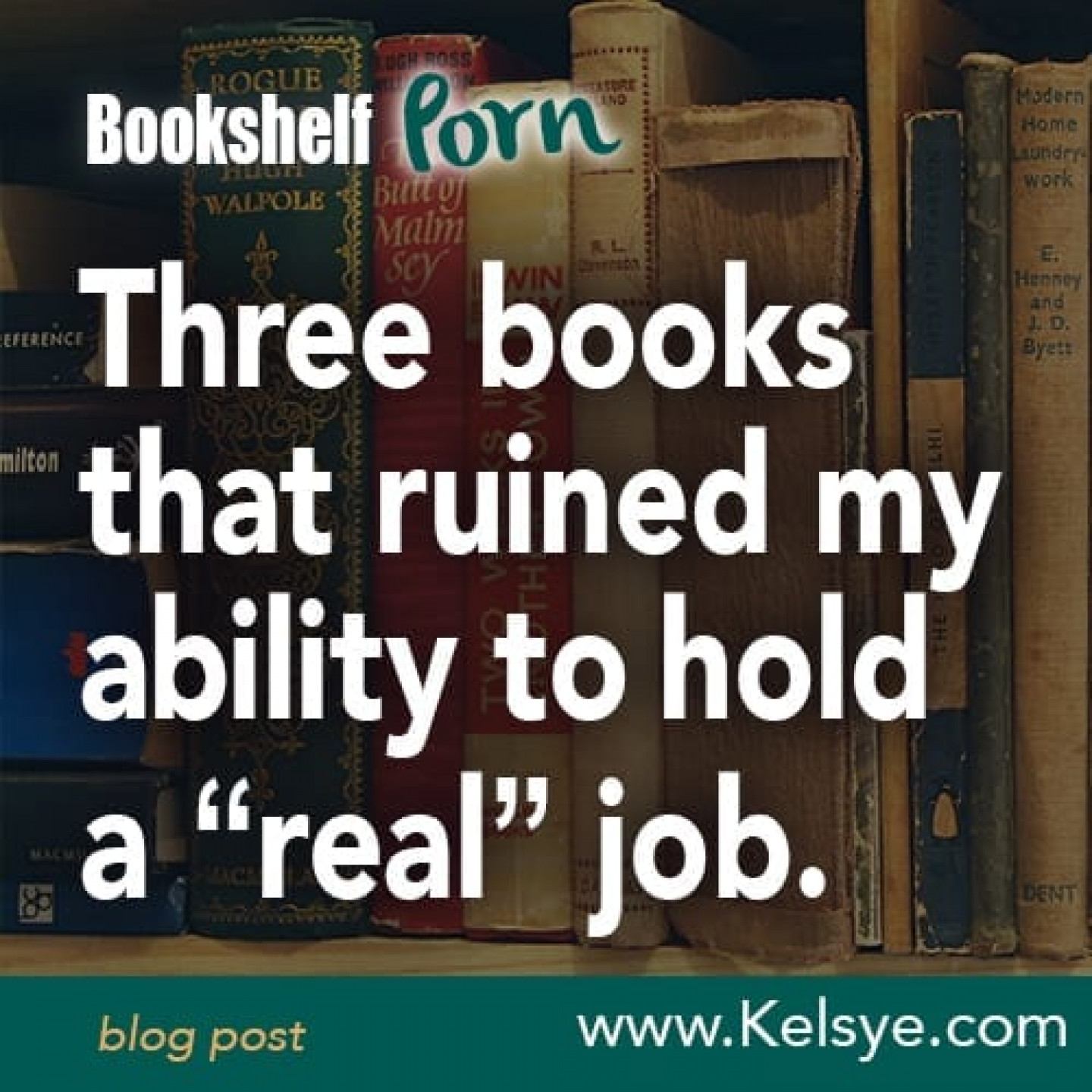
 You may read thousands of books in your lifetime, but there will always be those few special ones that impact your mortal trajectory in major ways. Books inspire us, show us glimpses of the kind of lives we want to live, of the kind of people we want to be. For those of us who discover the nature of our souls vary greatly from the people that surround us in real life, books can show us understanding, give us a familiar home.
You may read thousands of books in your lifetime, but there will always be those few special ones that impact your mortal trajectory in major ways. Books inspire us, show us glimpses of the kind of lives we want to live, of the kind of people we want to be. For those of us who discover the nature of our souls vary greatly from the people that surround us in real life, books can show us understanding, give us a familiar home.


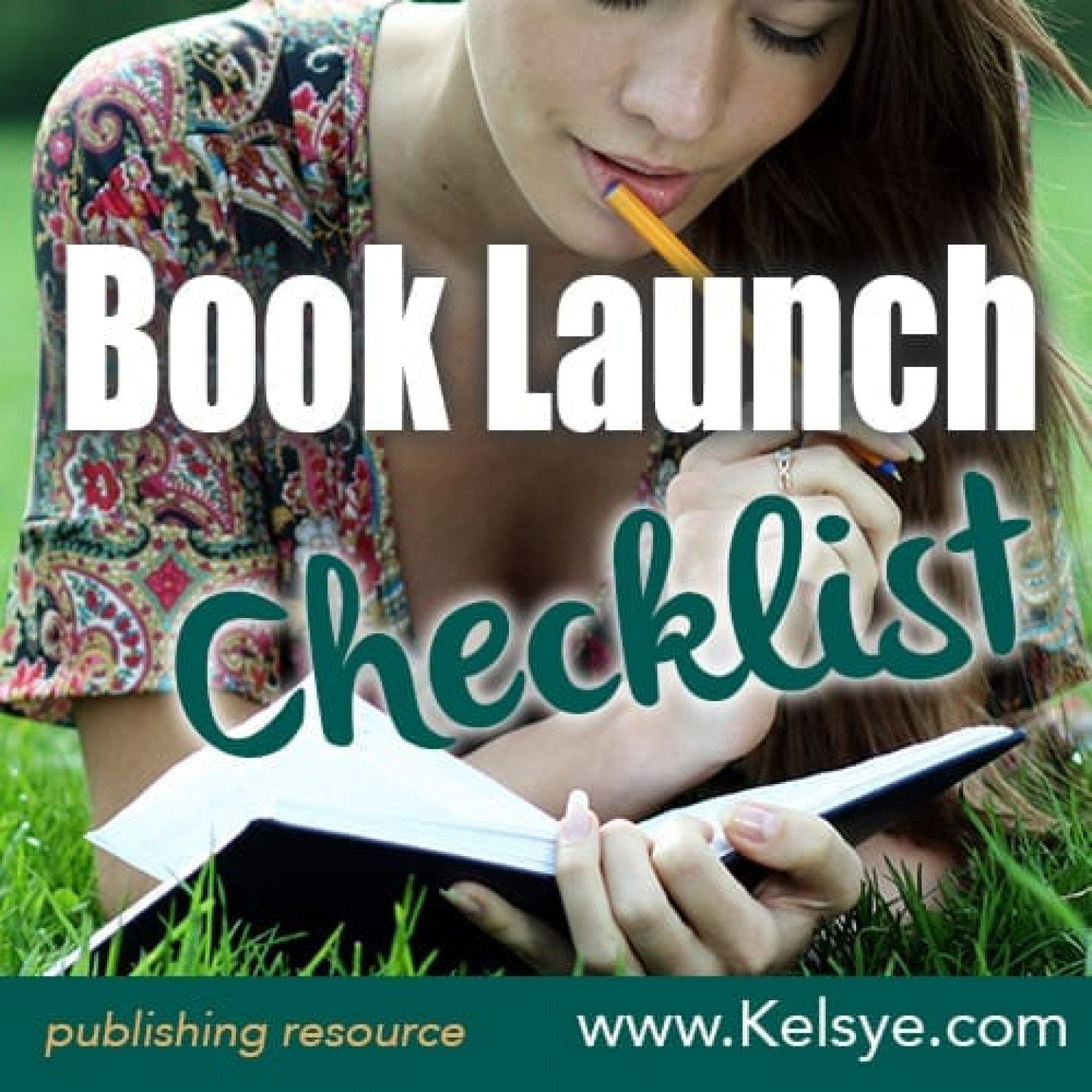
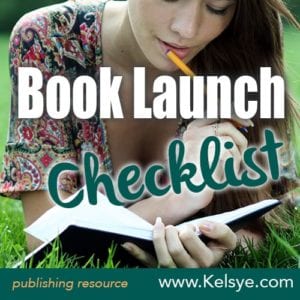

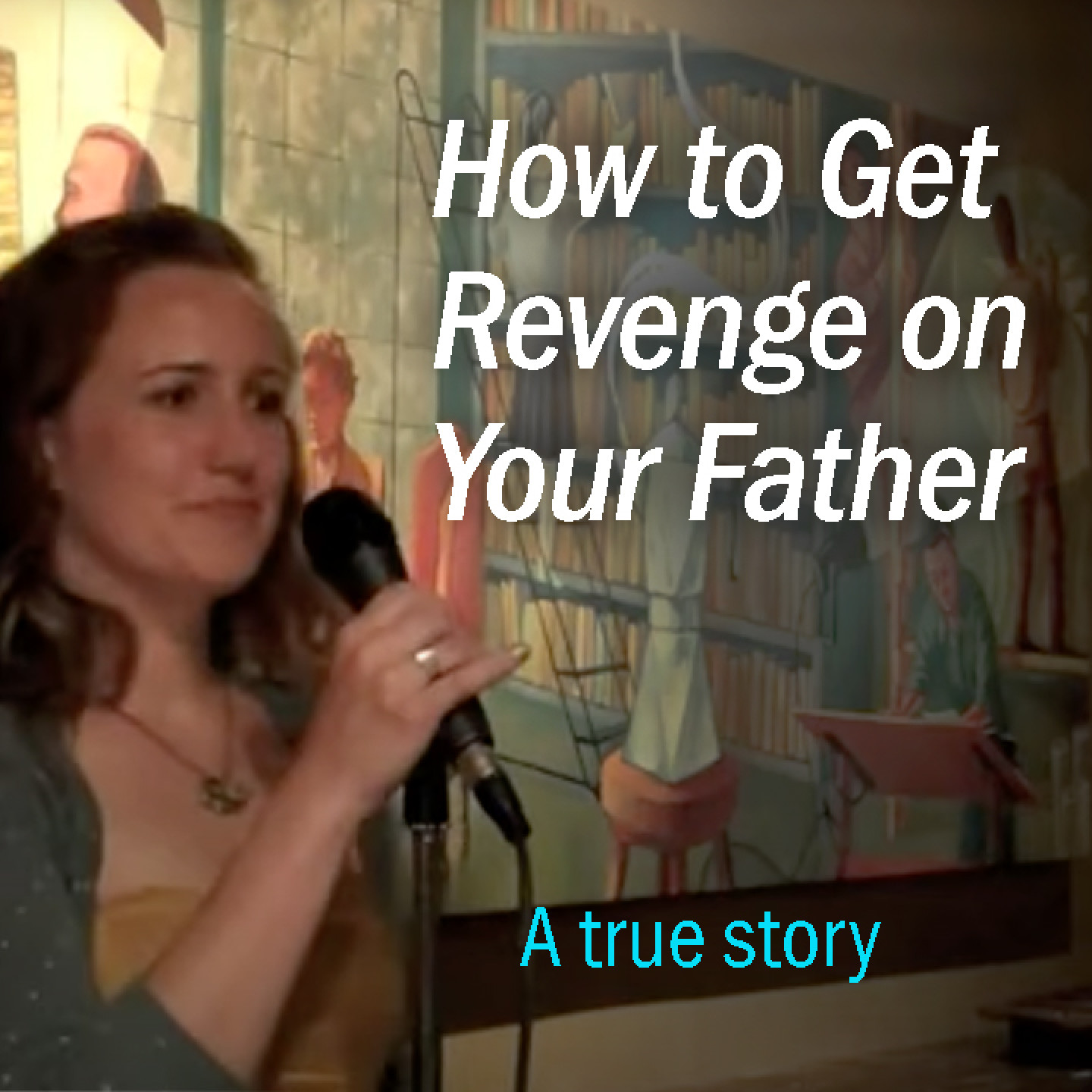

 I blame my stepfather for my running habit. He got me started early, perfectly timed to a life stage change so I forever associate running with growth and transition.
I blame my stepfather for my running habit. He got me started early, perfectly timed to a life stage change so I forever associate running with growth and transition. Every heartache or breakup may be connected to an intense period of running. Every move finds me learning my new surroundings on pounding feet. When I start a company, I run more for clarity. When I end a company, I run more for clarity. You'll survive this. You have strength you don't even know about. Recently divorced? Get running. Run until you're so tired your brain can only focus on breathing, on stable contact with the ground. Recently married? Celebrate by running, transforming soft into firm and worn into new.
Every heartache or breakup may be connected to an intense period of running. Every move finds me learning my new surroundings on pounding feet. When I start a company, I run more for clarity. When I end a company, I run more for clarity. You'll survive this. You have strength you don't even know about. Recently divorced? Get running. Run until you're so tired your brain can only focus on breathing, on stable contact with the ground. Recently married? Celebrate by running, transforming soft into firm and worn into new. I do things to trick myself into running, like getting on my running clothes but telling myself it's only because they're comfortable and I'm working from home today. I lace up my running shoes and go outside, but only to walk to the coffee shop. Oh, we made it to the sidewalk in all our running gear. Hey, how about trying out a couple strides. Oh look, running is happening!
I do things to trick myself into running, like getting on my running clothes but telling myself it's only because they're comfortable and I'm working from home today. I lace up my running shoes and go outside, but only to walk to the coffee shop. Oh, we made it to the sidewalk in all our running gear. Hey, how about trying out a couple strides. Oh look, running is happening!
 Poets gets me in trouble.
Poets gets me in trouble.




